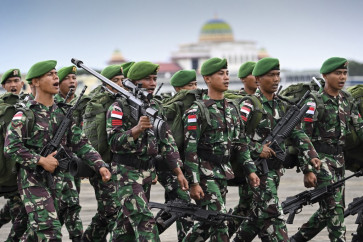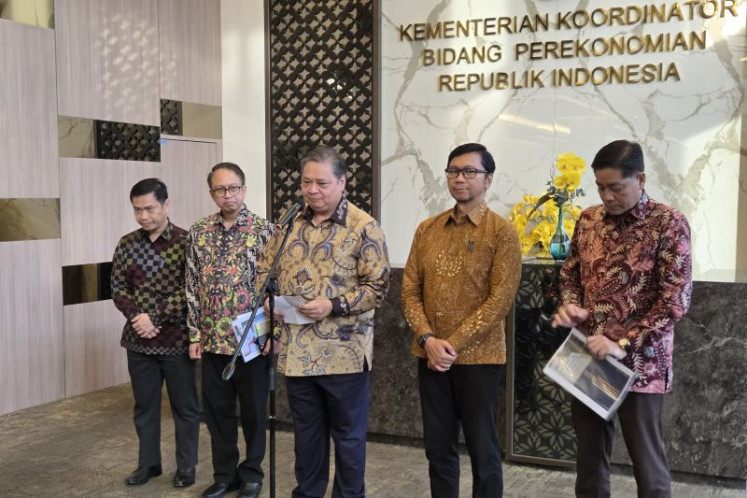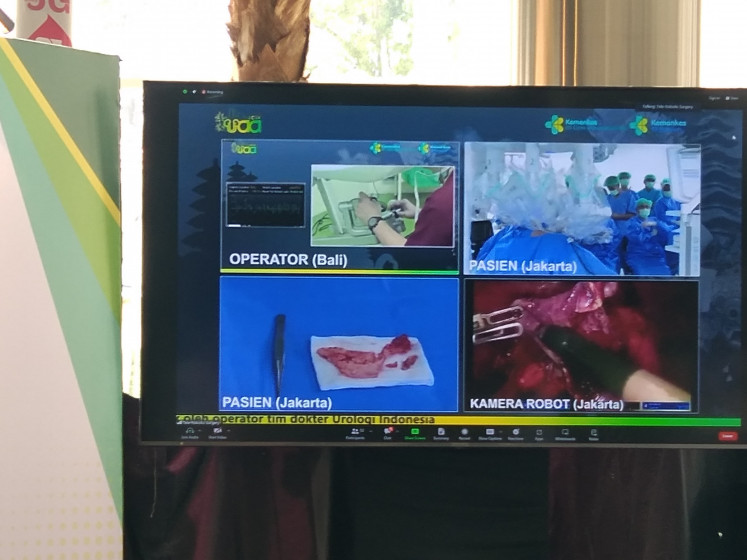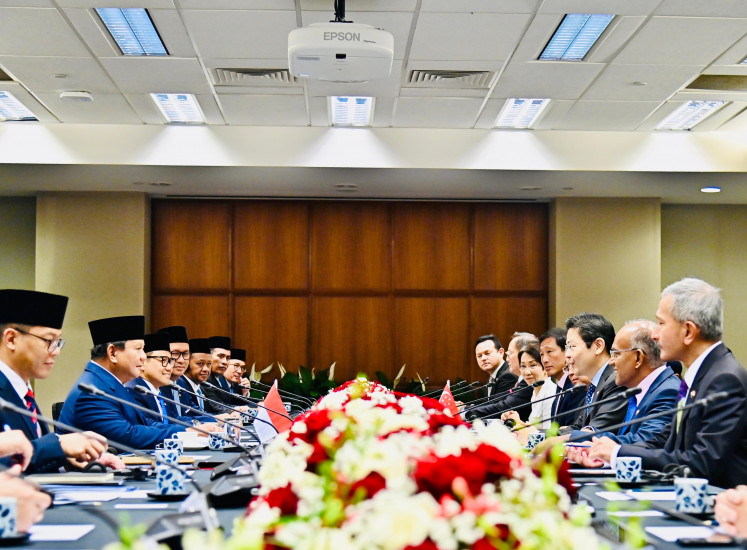Popular Reads
Top Results
Can't find what you're looking for?
View all search resultsPopular Reads
Top Results
Can't find what you're looking for?
View all search resultsRevisiting Chastelein's heritage in Depok
Depok, a 200-square-kilometer satellite city in West Java on the outskirts of Jakarta, is currently inhabited by more than 2 million people
Change text size
Gift Premium Articles
to Anyone

D
epok, a 200-square-kilometer satellite city in West Java on the outskirts of Jakarta, is currently inhabited by more than 2 million people. Depok's economy has been thriving since it became a municipality in 1999.
A recent discussion of a book titled Jejak-Jejak Masa Lalu Depok: Warisan Cornelis Chastelein (1657-1714) kepada para Budaknya yang Dibebaskan (Traces of Depok's Past: Cornelis Chastelein's [1657-1714] Inheritance to His Liberated Slaves) penned by a Dutch author, Jan-Karel Kwisthout, attempted to revisit the city's early history.
Not many people know that the city was founded 300 years ago by a former member of the Dutch East Indies Company (VOC), Cornelis Chastelein. The Dutchman at the time bought a 12.44-square-kilometer plot for farmland.
Chastelein then liberated the 150 slaves he had brought from all over the Dutch Indies and hired them as workers managing the land.
University of Indonesia historian Tri Wahyuning Irsyam said during the book discussion that instead of treating them like slaves, Chastelein applied a softer approach to his people by teaching them how to grow and harvest crops.
Tri added that in Depok Chastelein also established the first seminary in the Dutch East Indies, and made the city the center of the Christian community in the country. The church, however was closed down and demolished in 1926, and a nursing home was established on the land.
Before his death on June 28, 1714, Chastelein prepared a will that liberated all of the 150 slaves he had owned and declared that each of the 12 slaves he believed the most reliable would receive a part of the 12.44 square kilometers of land.
'As Chastelein himself did not live in Depok, the 12 slaves were then known as the first generation to develop and build the city,' Tri said.
The 12 family names have been passed down to their descendants today, they are: Bacas, Isakh, Jacob, Jonathans, Joseph, Laurens, Leander, Loen, Samuel, Sudira, Tholense and Zadokh.
The 12 original families and their descendants have created a strong Christian community in Depok. A Dutch cemetery still exists in the Old Depok area, where descendants of the 12 families are buried.
Another historian from University of Indonesia, Lilie Suratminto, said that after Chastelein's death, his descendants formed a civilian administration in Depok that was led by a president who was chosen by election every three years.
Lilie said the civilian administration was later disbanded as the Indonesian government declared that it would no longer acknowledge private land according to Dutch Law, and applied the Agrarian Law.
'Since August 1945, Depok has not been an independent area, as it was absorbed into a part of Indonesia,' he said, adding that at the time the government allowed each citizen to keep his land, but it also nationalized land owned by communities.
Kwisthout, who was present during the book discussion, said Chastelein left a great legacy to Depok people by teaching them how to manage land and to develop a land-governing system.
He added that Chastelein also respected the multicultural, multi-religious and multilingual nature of the society as most of his slaves came from various parts of the archipelago. 'That's why Depok residents now live side by side with each other even though they are from various backgrounds,' he said.









